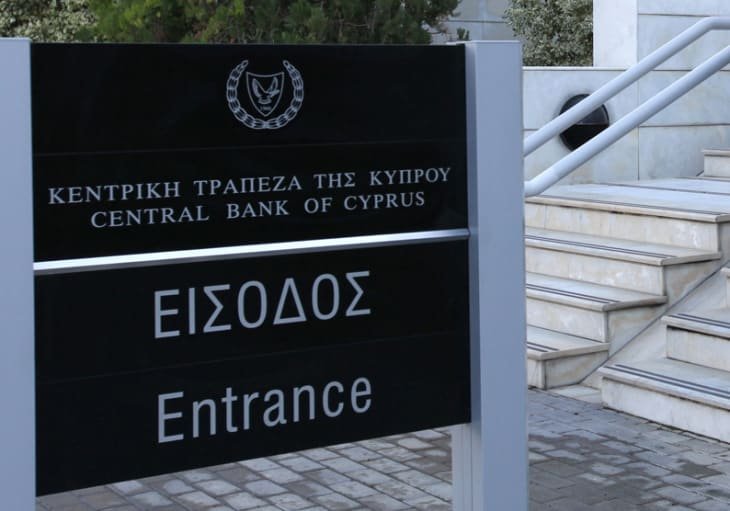The House institutions committee continued its discussions on Wednesday about amending the law that regulates private sector employment of former high-ranking state officials from the public and wider public sector.
Lawmakers mulled the possibility of including state officials who are on the A13 level of the public sector payscale and above, onto this list.
This would oblige them to seek permission from a special independent committee to practise any profession in any field within the first two years from the date of retirement or termination of their service or term.
“We want to serve transparency, equality and egalitarianism. This law does not prohibit anyone from working, just that, to work, they will have to take special permission from the three-member committee,” the president of the committee, Disy MP, Demetris Demetriou said.
During the debate, lawmakers decided that the term “state official” should also include the positions of police chief and fire chief.
Additionally, the discussion questioned whether the chief of the National Guard (NG) should be included to the list, given that he is a Greek national, and if there will be a way of implementing the legislation if he were to be employed by a company in Greece within two years after the end of his term of office, without special permission.
Opposition Akel MP, Irene Charalambidou, expressed the opinion that there should be a clear provision in the law so that state officials, who may find work abroad within two years without asking for permission, know that they will be prosecuted, either inside or outside Cyprus.
A spokesman for the Legal Service said that perhaps the opinion of the defence ministry is necessary.
The committee also discussed whether the governor and the deputy governor of the Central Bank (CB) should also be included.
A CB representative informed lawmakers that CB rules already includes provisions to limit the assumption of a position in specific institutions for a period of two years after the termination of their appointment.
The committee is expected to conclude the debate soon, so that the text can be sent to plenary for a vote before the summer recess.







Click here to change your cookie preferences